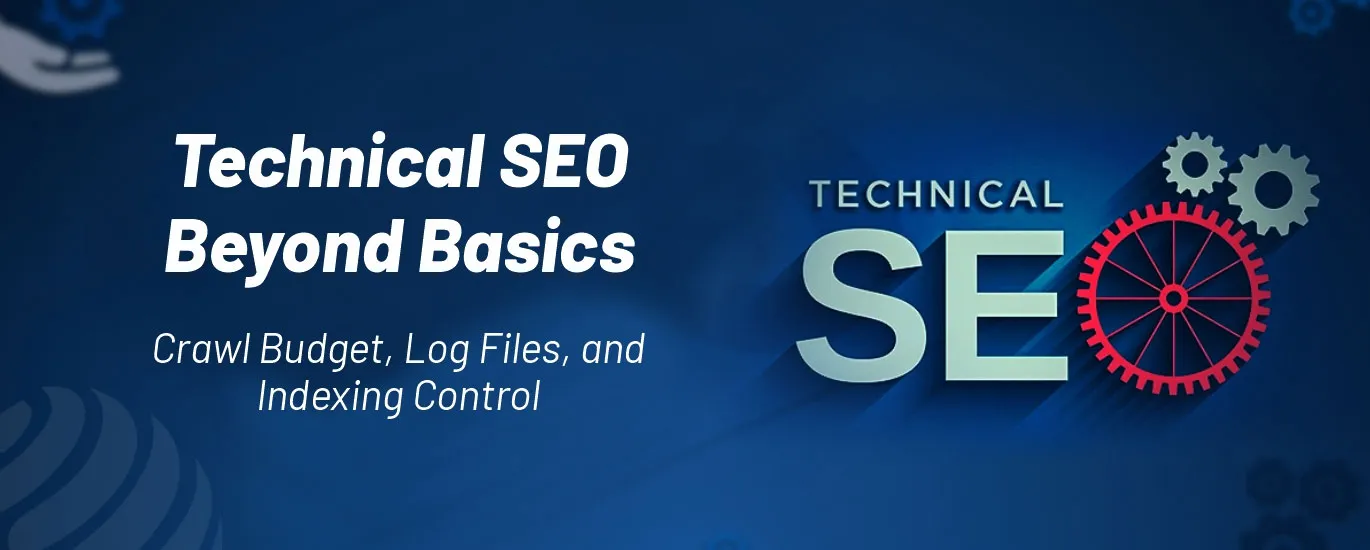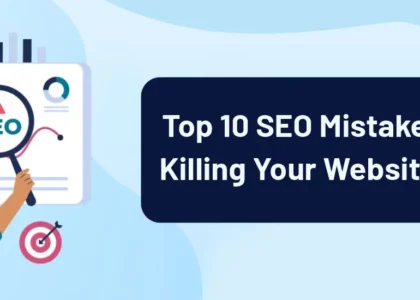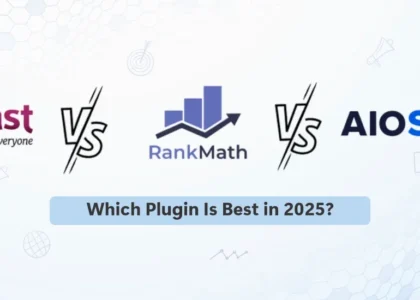Introduction: Why Advanced Technical SEO Matters in 2025
In 2025, search engines are smarter, faster, and stricter than ever. Google’s algorithms now rely heavily on efficiency—how quickly, accurately, and completely they can understand your website. That’s why technical SEO goes far beyond just fixing broken links or adding an SSL certificate.
For digital marketers, SEO professionals, and website owners, mastering advanced technical SEO means stepping into areas like crawl budget optimization, log file analysis, and indexing control. These are not just “nice to have” tactics—they are survival strategies in a competitive digital world.
Think of your website as a huge library. Google’s crawlers are like librarians with limited time. If they spend too long in the wrong sections, they may never reach your best books (your most valuable pages). That’s where advanced techniques come in: they guide crawlers, save resources, and ensure the right pages get discovered, indexed, and ranked.
Crawl Budget Optimization: Getting Crawlers to Focus on What Matters
What is Crawl Budget?
Crawl budget is the number of pages search engines decide to crawl on your site within a given timeframe. It’s like giving Googlebot a “time allowance.” The bigger and more efficient your site, the more value you’ll extract from that allowance.
For smaller sites, crawl budget may not seem like a big deal. But for eCommerce stores with 50,000+ product pages, SaaS platforms with dynamic URLs, or publishers with archives stretching back a decade, it can make or break visibility.
Why Crawl Budget Matters in 2025
Search engines are prioritizing speed and efficiency. They don’t want to waste resources crawling duplicate or low-value content. If your crawl budget is misused, your critical revenue-driving pages may never see the light of day.
How to Optimize Crawl Budget (Step by Step)
- Clean Up Low-Value Pages – Remove thin content, outdated tags, or auto-generated pages that add no real value.
- Fix Duplicate Content Issues – Use canonical tags and parameter handling to prevent crawlers from getting stuck in loops.
- Optimize Internal Linking – Strong internal links act like road signs for crawlers, guiding them to priority pages.
- Leverage Robots.txt Wisely – Block crawling of admin pages, faceted navigation, or other non-essential URLs.
- Use XML Sitemaps Smartly – Keep sitemaps lean, up-to-date, and focused only on indexable pages.
Analogy: Imagine inviting a food critic to your restaurant. Would you serve them yesterday’s leftovers, or your signature dish first? Crawl budget optimization ensures Google sees your signature dishes first.
Log File Analysis: Seeing Through Google’s Eyes
What are Log Files?
Log files are server records that track every request made to your website, including when Googlebot comes knocking. Think of them as CCTV footage for your website—showing exactly where crawlers go, how often, and whether they succeed.
Why Log File Analysis is Crucial in 2025
In a world where AI-driven algorithms decide rankings, guessing isn’t enough. With log file data, you get clarity on:
- Which pages Googlebot crawls most (and least)
- Crawl frequency vs. importance of pages
- Crawl errors (e.g., 404s, redirect loops)
- Bandwidth wasted on non-essential pages
How to Analyze Log Files Effectively
- Access Your Logs – Request access from your hosting provider or use SEO tools that process log data.
- Identify Crawl Priorities – Check if important pages (landing pages, money pages, new content) are crawled frequently.
- Spot Crawl Waste – If bots spend time on search filters or session URLs, block or consolidate them.
- Correlate with Traffic & Rankings – A page that’s crawled often but underperforming may need optimization.
Example: A client running a travel website discovered through log file analysis that 40% of crawl budget was wasted on outdated seasonal offers. Blocking these freed up resources for evergreen guides, which soon started ranking higher.
Indexing Control: Decide What Google Should Show
Why Indexing Control Matters
Just because Google crawls a page doesn’t mean it should be indexed. Poor indexing control leads to duplicate results, thin pages ranking, or worse—irrelevant content showing up in SERPs instead of your best assets.
Key Indexing Control Tactics for 2025
- Meta Robots Tags – Use noindex on thank-you pages, duplicate archives, or test environments.
- Canonical Tags – Consolidate duplicate URLs into one authoritative version.
- Hreflang for Multilingual Sites – Guide Google to show the right regional versions.
- Structured Data Markup – Help crawlers understand content context (products, FAQs, articles).
- Index Coverage Reports – Regularly check Google Search Console for excluded pages and fix unexpected cases.
Analogy: Think of your website as a movie theater. Crawling is letting the audience in, but indexing is deciding which movie plays on the screen. Without control, you might end up showcasing bloopers instead of the blockbuster.
Technical SEO Best Practices for 2025
To tie everything together, here are some technical SEO best practices that matter most this year:
- Prioritize Mobile & Core Web Vitals – Speed, responsiveness, and visual stability remain core ranking signals.
- Use Dynamic Rendering Carefully – If using JavaScript-heavy frameworks, ensure bots see fully rendered content.
- Monitor Crawl Stats Reports – Google’s new crawl reports (rolled out in 2025) give deeper insights into patterns.
- Integrate AI Tools for SEO Audits – Use AI-powered crawlers to predict indexing issues before they happen.
Secure and Structured Architecture – Keep your site hierarchy clear, secure (HTTPS), and logically structured.
Conclusion: Staying Ahead with Advanced Technical SEO
In 2025, success in SEO isn’t just about keywords or backlinks—it’s about efficiency, structure, and control. By mastering crawl budget optimization, log file analysis, and indexing control, you’re not just helping search engines—you’re future-proofing your visibility.
Every page crawled, every request logged, and every decision to index adds up to how your site performs in search results. Treat technical SEO as the backbone of your digital strategy, not an afterthought.
If you’re ready to take your SEO beyond the basics, Arrowpace can help. As a leading digital marketing agency, we specialize in solving complex technical SEO issues, improving site health, and driving real business growth.
Let Arrowpace handle the technical side, so you can focus on growing your business.





